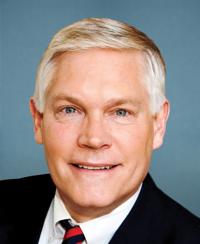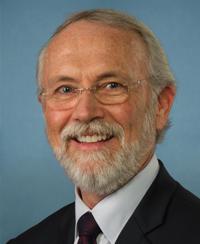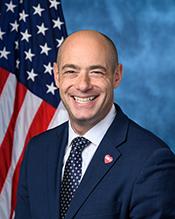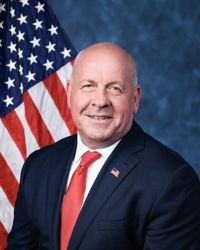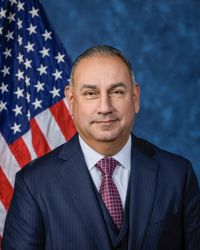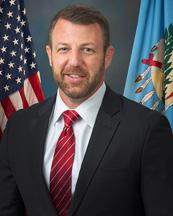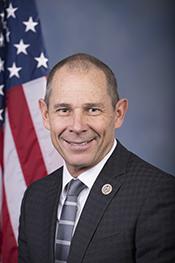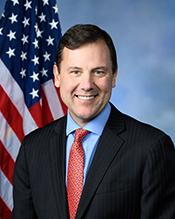H.R. 566: Cleaner Air Spaces Act of 2025
This bill, titled the Cleaner Air Spaces Act of 2025, aims to improve air quality in communities, particularly those at risk from wildland fire smoke. The primary focus of the legislation is to provide financial assistance in the form of grants to air pollution control agencies for the implementation of a program specifically designed to create cleaner air spaces. Here are the main components of the bill:
Grant Provision
The bill directs the Environmental Protection Agency (EPA) Administrator to offer grants to air pollution control agencies, subject to available funds. The amount of each grant cannot exceed $3 million, and at least one grant must go to a Tribal agency managing air quality.
Application Requirements
Agencies must submit an application to receive a grant, which should outline a proposal that includes:
- Partnership with a community-based organization.
- Responsibilities of both the air pollution control agency and the partnering organization.
- Information on the communities targeted for receiving air filtration units.
- Plans for distributing educational materials related to the air filtration units.
- Details on establishing a clean air center.
- A cost estimate for the program, including administrative expenses.
Program Requirements
Each agency implementing the program is required to:
- Establish at least one clean air center in areas prone to wildland fire smoke that is accessible to the community and staffed during events.
- Advertise the availability of clean air centers and distribution of filtration units during wildfire smoke events.
- Distribute a minimum of 1,000 air filtration units at no cost to eligible households, along with one replacement air filter per unit.
- Provide educational resources to help households create clean air rooms using the filtration units.
- Collect and report data on the types and costs of air filtration units distributed, as well as conduct a follow-up survey with recipients to assess functionality and improvement in air quality.
Partnership Requirement
To implement the program effectively, air pollution control agencies must collaborate with at least one community-based organization to address community needs and leverage local resources.
Reporting and Oversight
The EPA must submit a report to Congress within three years of the bill's enactment, detailing the programs funded under the grants, the survey responses from participants, and recommendations for future actions regarding the cleaner air space initiatives.
Definitions
The bill specifies several important definitions including:
- Administrator: The head of the Environmental Protection Agency.
- Air pollution control agency: As defined in the Clean Air Act.
- Clean air center: A facility designed to provide clean air spaces to the public.
- Covered household: Low-income households at high risk from wildfire smoke.
Funding
The bill allocates $30 million for the EPA to implement the program over the fiscal years 2026 to 2028, with up to 10% of the funds allowed for administrative expenses.
Relevant Companies
- DHR (Danaher Corporation): As a manufacturer of air filtration technologies, Danaher could see increased demand for its products if the legislation encourages the distribution of air filtration units.
- PH (Parker-Hannifin Corporation): Parker-Hannifin produces filtration and environmental control systems, likely benefiting from increased government contracts and programs focused on air quality improvement.
- AIR (Airgas, an Air Liquide company): Known for providing gas and related products, including air filtration solutions, Airgas may experience heightened interest and sales from local air quality initiatives.
This is an AI-generated summary of the bill text. There may be mistakes.
Sponsors
16 bill sponsors
-
TrackScott H. Peters
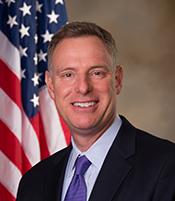
Sponsor
-
TrackJim Costa
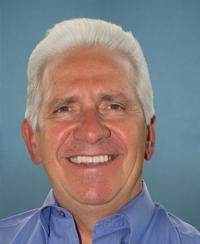
Co-Sponsor
-
TrackDiana DeGette
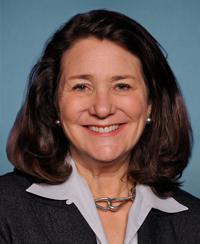
Co-Sponsor
-
TrackMark DeSaulnier
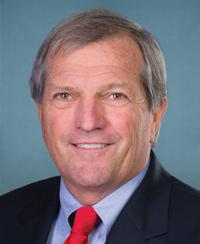
Co-Sponsor
-
TrackJohn Garamendi
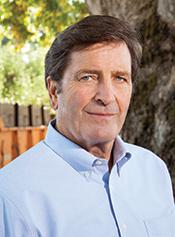
Co-Sponsor
-
TrackSara Jacobs
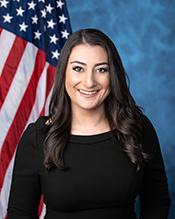
Co-Sponsor
-
TrackRo Khanna

Co-Sponsor
-
TrackMike Levin
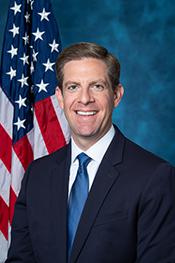
Co-Sponsor
-
TrackSeth Moulton
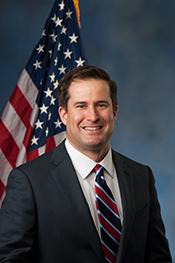
Co-Sponsor
-
TrackKevin Mullin
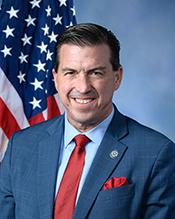
Co-Sponsor
-
TrackJoe Neguse

Co-Sponsor
-
TrackJimmy Panetta
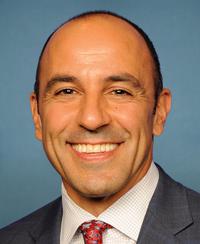
Co-Sponsor
-
TrackBrittany Pettersen
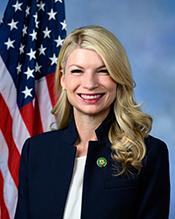
Co-Sponsor
-
TrackKim Schrier
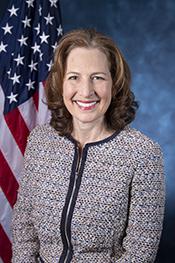
Co-Sponsor
-
TrackEric Swalwell
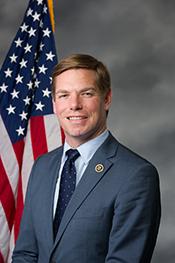
Co-Sponsor
-
TrackDina Titus
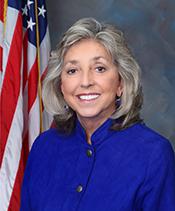
Co-Sponsor
Actions
2 actions
| Date | Action |
|---|---|
| Jan. 20, 2025 | Introduced in House |
| Jan. 20, 2025 | Referred to the House Committee on Energy and Commerce. |
Corporate Lobbying
0 companies lobbying
None found.
* Note that there can be significant delays in lobbying disclosures, and our data may be incomplete.



